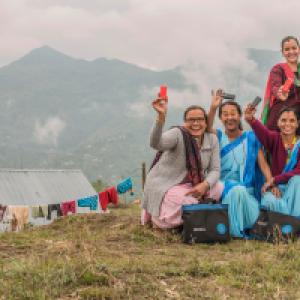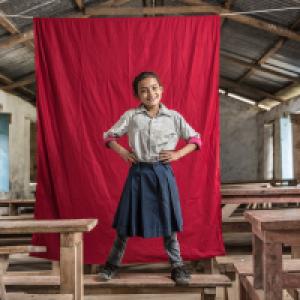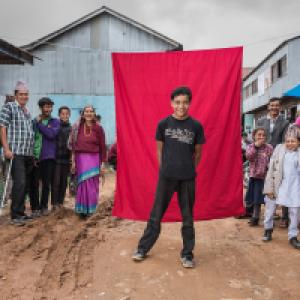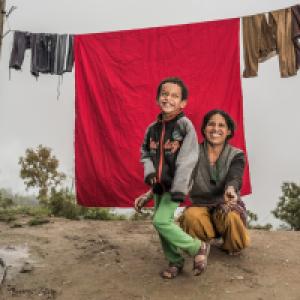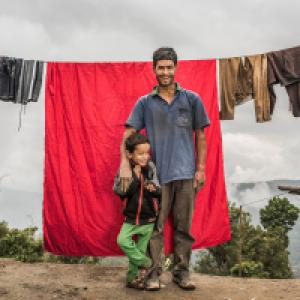Dare to Care
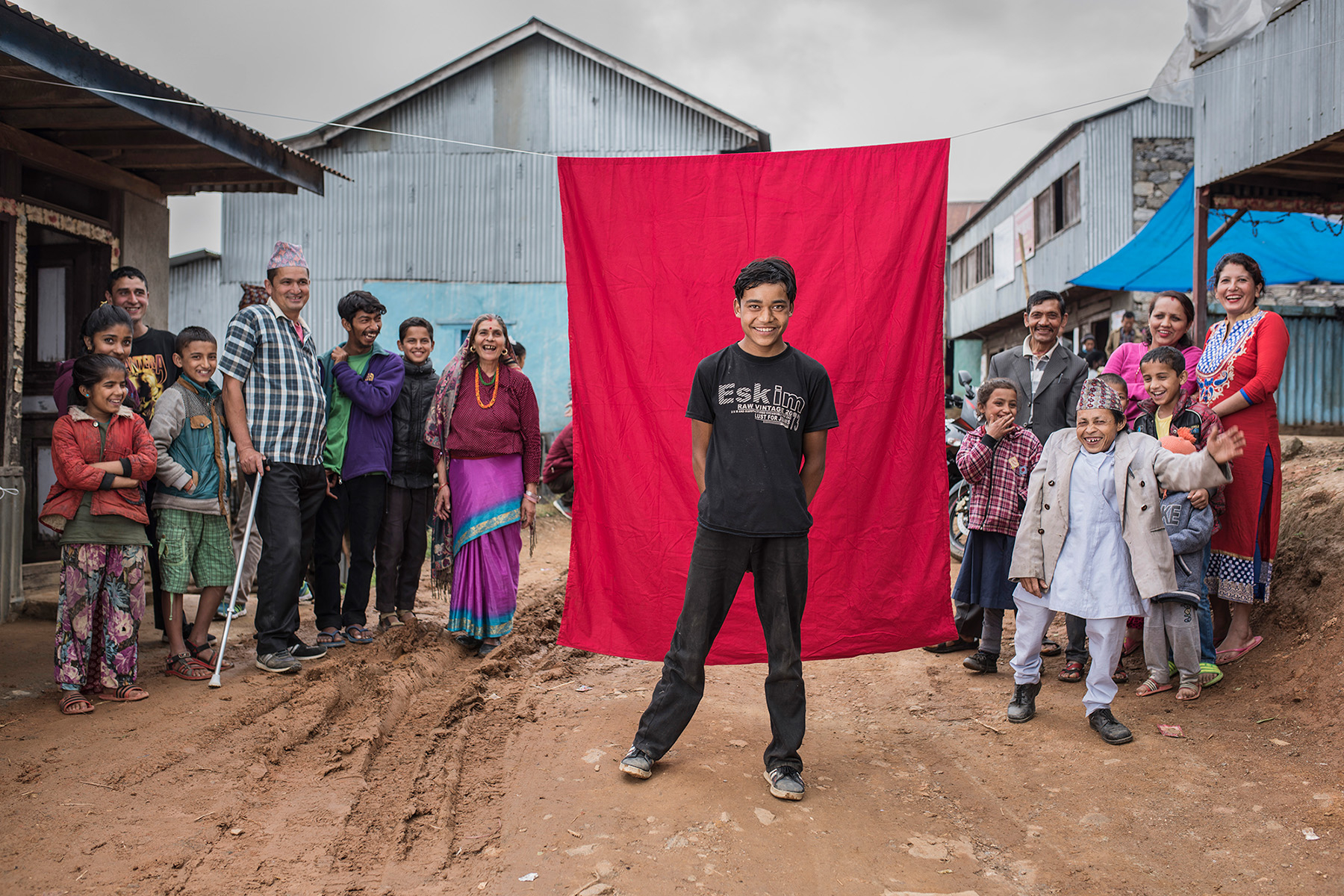
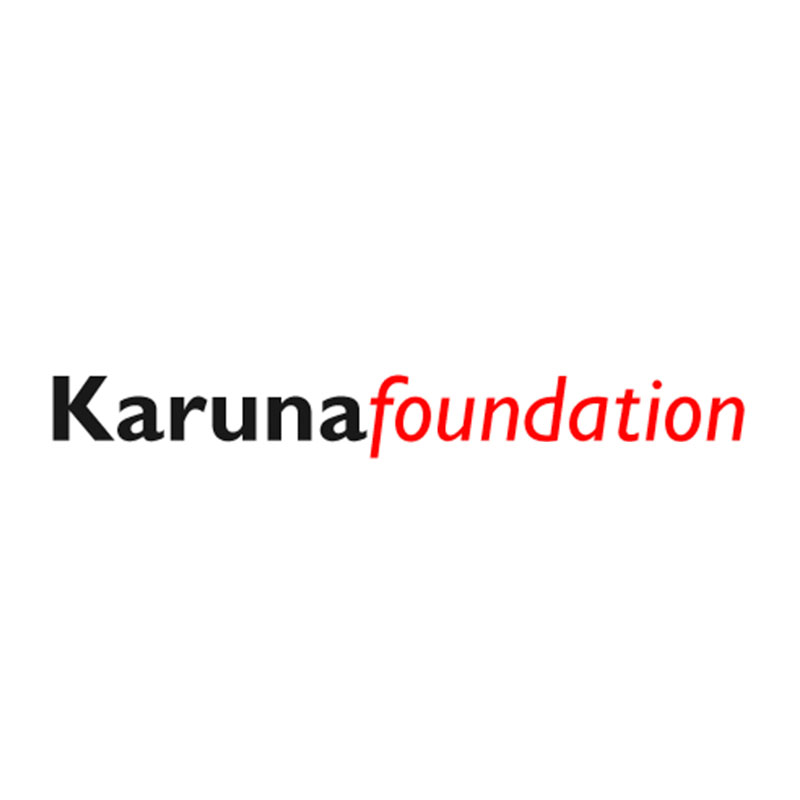
Social Challenge and Innovative Solution
Poverty and disability often go hand in hand. 80% of all people with disabilities live in developing countries. Nepal is one of the poorest countries of the world. Most people with a disability receive no care, nor education. Besides, this group of people faces various types of discrimination, exclusion and negligence, often based on religious, cultural or misinformed ideas. This largely hinders their rights and equal access to basic services and inclusion in society. The negative impact on the independence and income of the individual also leads to unused human capital and gross losses in economic development.
In 2011, Karuna Nepal launched Inspire2Care to ensure inclusion of the most vulnerable groups within the communities. It aims to prevent disabilities and to rehabilitate the children with disabilities using a community-based approach. From the beginning Karuna encourages poor rural communities to take leadership and responsibility. Within the existing government system Karuna establishes a local committee and trains a community rehabilitation worker in communicative, medical and physiotherapy skills in every village. He or she is on the pay roll of the local government (municipality) and together with a local committee and the parents, he or she establishes rehabilitation goals and carries out a yearly intervention plan for every child and adult with a disability. Local auxiliary health workers are also trained in prevention of disabilities and supported in establishing a more effective maternal child health care system, such as the mobile tracking of pregnant women and their required antenatal check-ups and delivery preparation.
Thanks to Karuna’s awareness events and lobbying activities and the strong collaboration with the local authorities and political leaders, the health workers and civil servants also feel increasingly responsible for reaching out to this forgotten group and to allocate funds for their cause. As of 2019 the government of Province 1 has decided to adopt the programme in their health policy and together with all 129 municipalities involved, will fund 66% of the implementation costs on the field. The Government will become responsible for implementation, support by Karuna's staff. After three years, the municipalities are independent from Karuna and continue the activities with their own resources, supported by Provincial funds. This way, the system changes permanently.
KEY SOCIAL IMPACT FIGURES
August 2019 - The total number of people with a disability in Province 1 is estimated to be 95,000, of which 36,000 are children. An estimated total of 128,000 women become pregnant per year
*These figures were measured in an evaluation study in 2018 in 8 villages in Sunsari. The same impact is expected in the replication phase. These changes measured in the period 2009-2018 are not solely caused by the Inspire2Care programme. Also, other programmes may have had their impact.
Investing for Impact
How it started
Karuna Foundation Netherlands (Karuna NL) was founded with the ambition to improve the lives of children with a disability and their families in such a way that local leaders would take responsibility and local resources would be allocated for this cause. The goal was to develop a community model that would be both sustainable and replicable.
During their first visits to Nepal in April 2007, the founder and the director of Karuna NL met two Nepalese social entrepreneurs, with a strong vision on how to bring positive and long-lasting change in their country. Karuna Foundation Nepal was born. Between 2008 and 2013 this core team developed and piloted Inspire2Care, a model encouraging poor communities to take care of children with a disability and their families, as well as strengthening existing mother and childcare. It was all about learning by doing while always keeping in mind their mission: “saving children from disability, one by one”. They adopted an entrepreneurial approach and were very strict on cost-effectiveness and the exit plan from the very beginning, even before the start.
In 2014, based on an independent research by the Royal Tropical Institute in Amsterdam showing the high cost-effectiveness of the programme, they decided to scale up Inspire2Care to a whole district, from 3 pilot villages to 55 villages in 2017.
Karuna Netherlands has supported Karuna Nepal with both financial and non-financial support to develop and implement the Inspire2Care programme. Since 2016 Karuna Foundation Nepal is a local organisation with its own board.
Evaluation of results: (outcome study in six pilot villages in Sunsari (2018)
| Outcomes (objective) | Indicator | Baseline (before Inspire2Care) | Target | Result |
| Decrease of preventable birth defects and childhood disabilities | % of birth defects and childhood disabilities | Between 2005 and 2009, 48 cases of children with a birth defect or disability occurred | 30-40% reduction | 62% decrease of cases of birth defects and development of disabilities during the programme compared to the number of cases in the 5 years before. In total 500 birth defects and disabilities have been prevented so far. |
| Increase % of pregnant women going for required 4 antenatal check-ups. | % pregnant women going for 0, 3 or 4 antenatal check-ups | 49.8% had 4 visits, 22.2% had 3 visits and 28% never visited for antenatal check-up. | 80% of the pregnant women go to 4 antenatal check-ups |
After programme intervention, 83.3% had 4 visits, 11.1% had 3 visits and 5.6% had no visit.
|
| Improved quality of life for children with disabilities | % of children experiencing improved quality in health, education and social life | Before the programme almost all children suffered exclusion and neglect in health care, education and social life. Often families were poor, which increased their vulnerability and its effects in their daily live. They used to perceive disability as a matter of shame. Parents used to hide their children with disabilities. | 50% of the children with a disability experience improvement of their lives. |
70% experience moderate to significant improvement in their health and education condition
72% mentioned that I2C has brought a moderate to significant improvement in their confidence 65% of the families with a child with a disability have moderate to significant improvement in their livelihood condition.
80% of the children with disabilities go to school and 30% of people with disability received vocational training and loans. |
Theory of Change, Impact Strategy, IMM
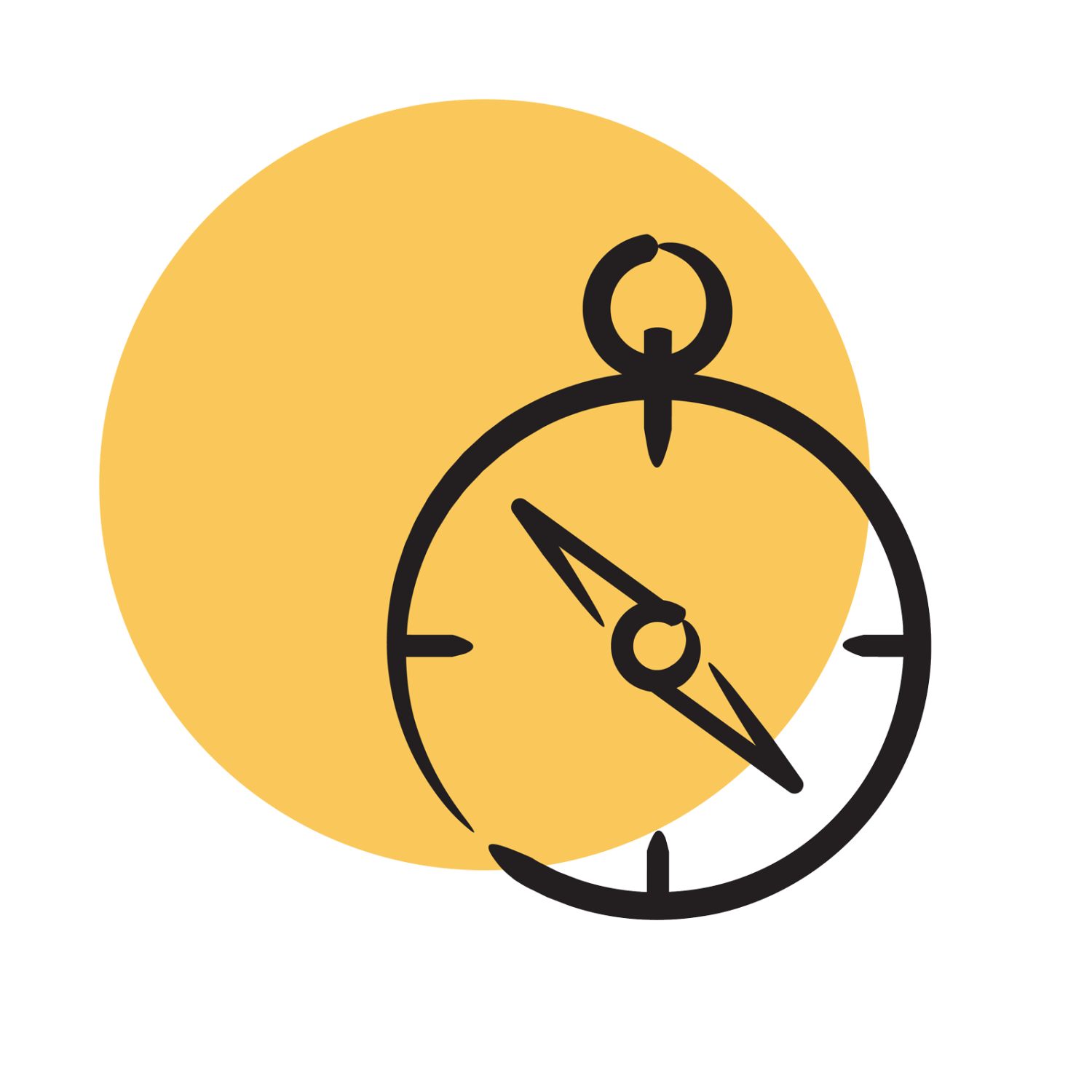
Theory of Change, Impact Strategy, IMM
Fundraising
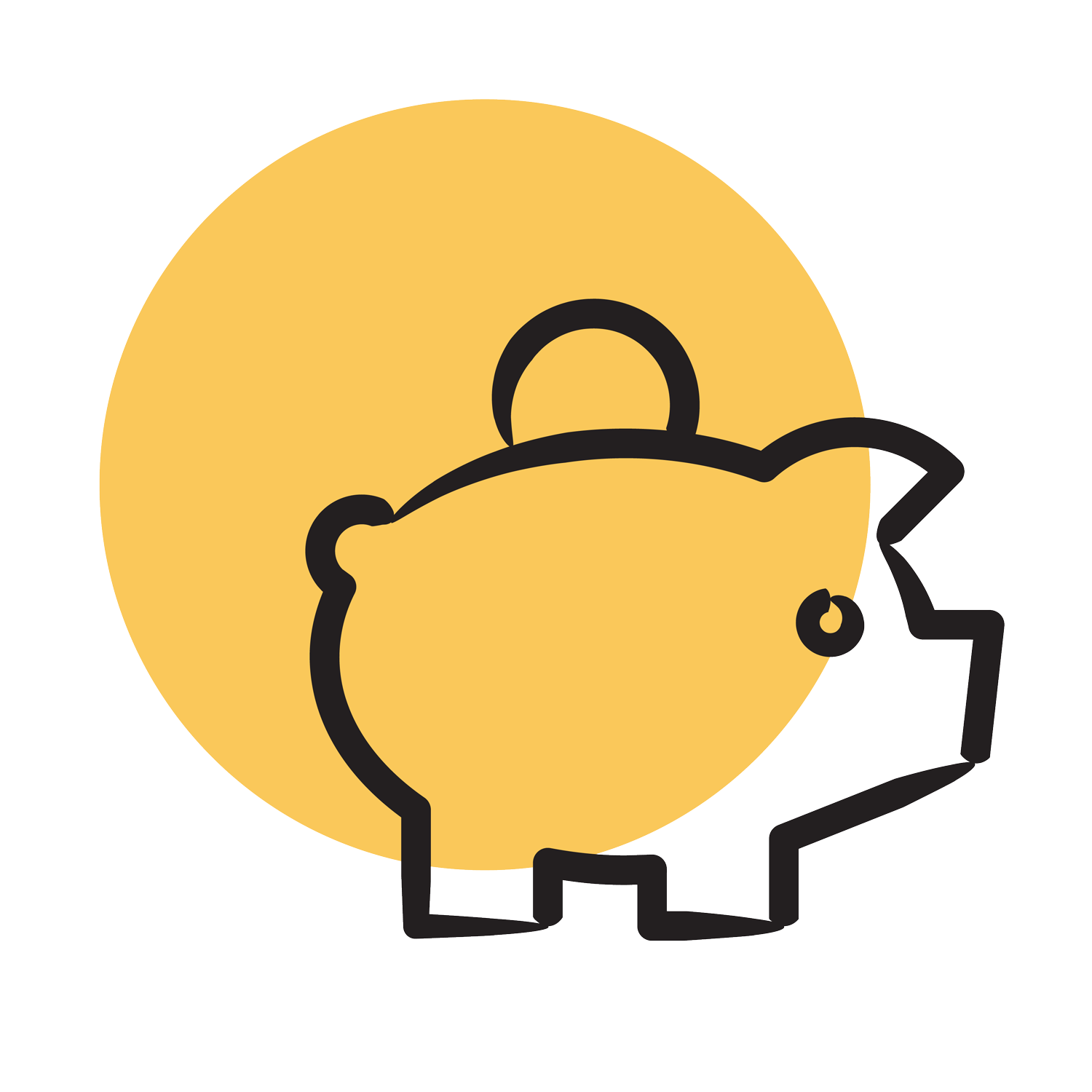
Fundraising
Management team and CEO support
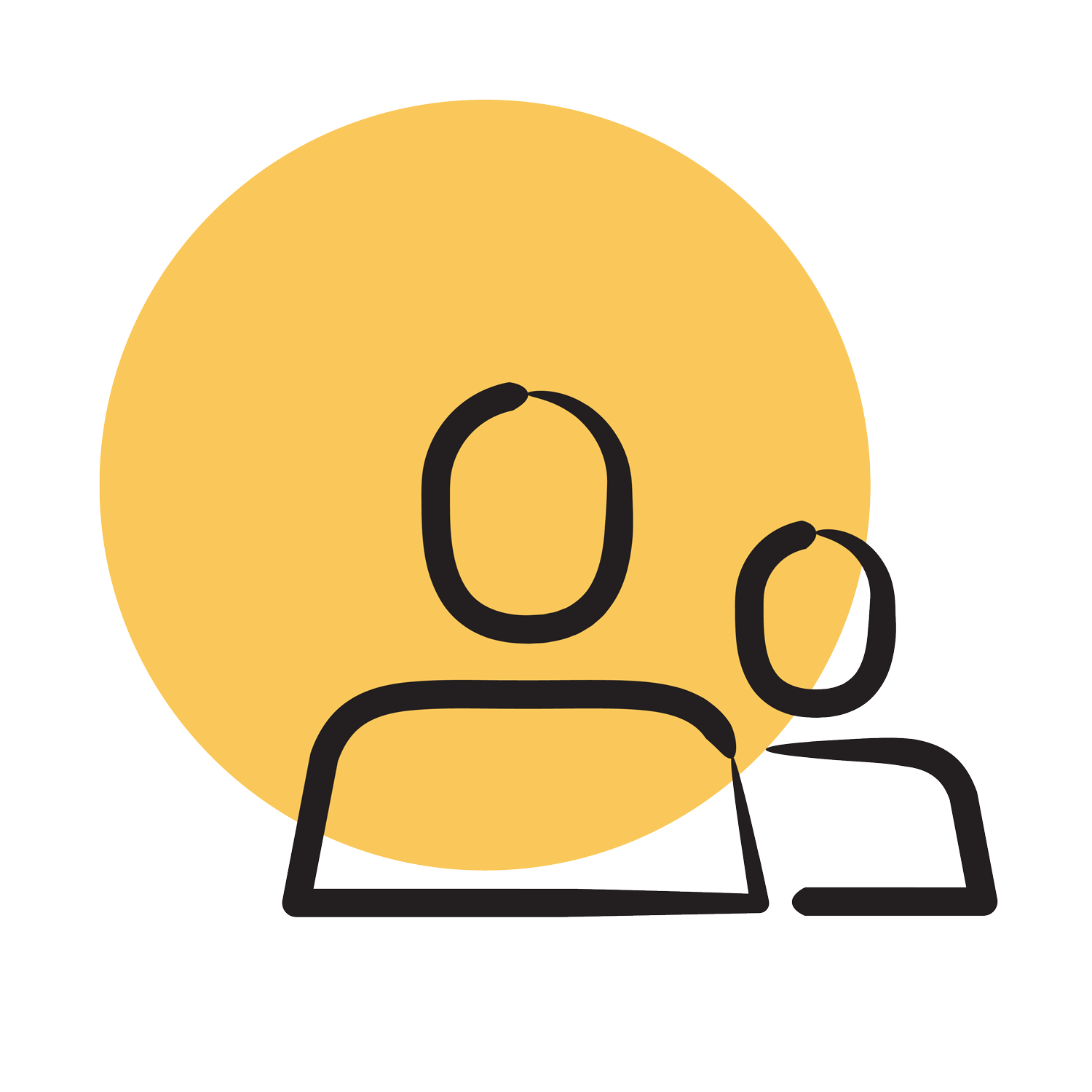
Management team and CEO support
Strategy consulting
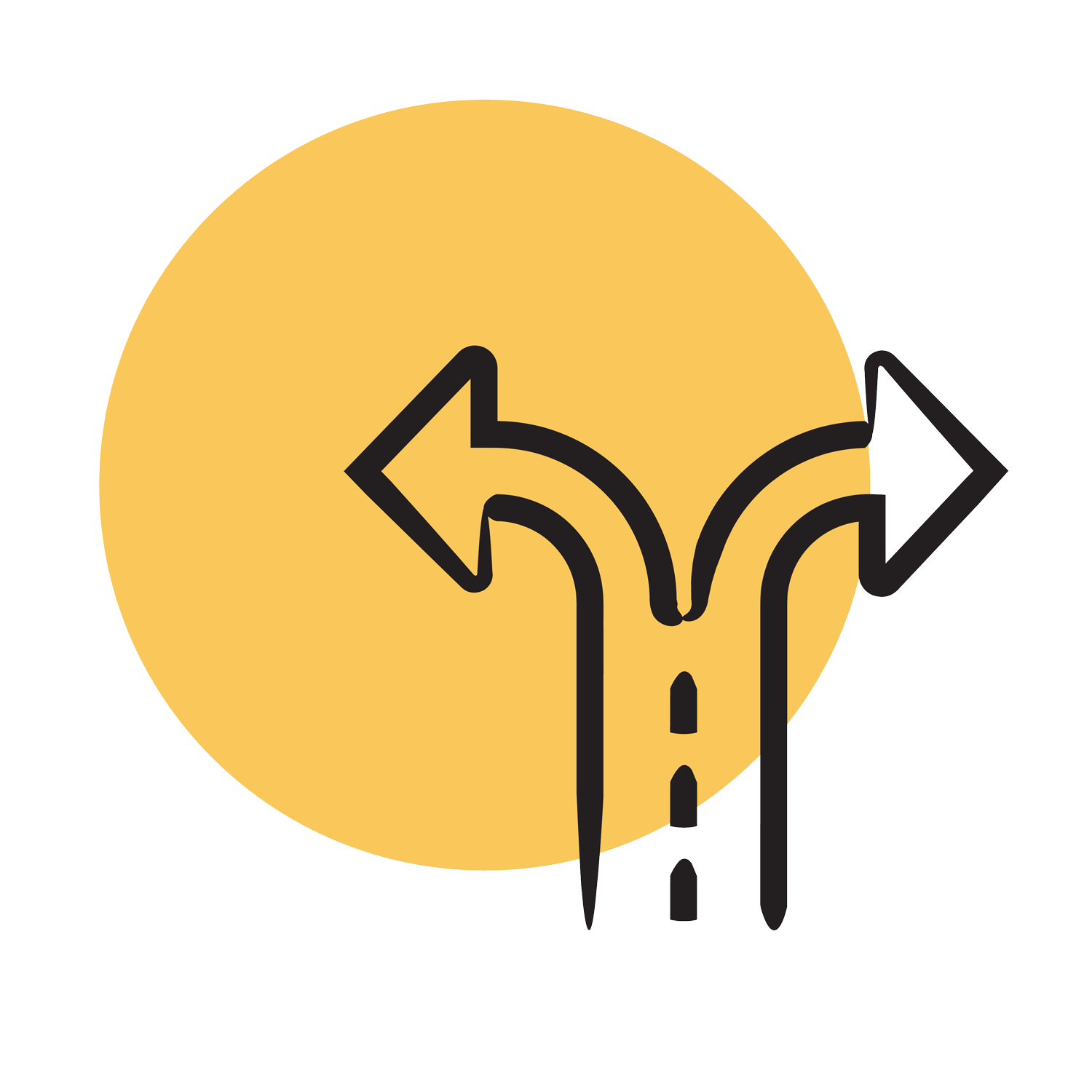
Strategy consulting
What they say
What's Next?
Scaling to a national level
After years of developing, testing and scaling a new cost-effective model for health care and rehabilitation of people with disabilities in the district of Ilam in Nepal, the strongly committed team of Karuna Foundation Nepal has reached a great milestone. The impact of the programme has been recognised and valued by politicians and government officials in Province 1 of Nepal. They recently decided to adopt and scale the Inspire2Care programme in the whole of Province 1, as proposed in the replication plan of Karuna.
After numerous discussions with several ministries; politicians and government staff, and local organisations, the directors of Karuna Foundation Nepal were able to find consensus among all the stakeholders involved. The Provincial Government adopted a new policy act, agreed on the funding (€10 million which is 2/3 of the implementation costs) and implementation modalities. At the same time, a first batch of twenty municipalities incorporated Inspire2Care in their fiscal annual budgets and plans for the coming years. Starting in September 2019, the programme for prevention of disabilities and rehabilitation of people with disabilities will become part of the regular healthcare system.
Replication Phase (2019-2025)
In this scaling plan, the financial support share on the field is as follows:

During the implementation in Province 1, Karuna Nepal will provide technical support, training and co-funding in the first 2.5 years in each municipality (129 in total). Thereafter, the municipality and provincial governments are expected to carry on the programme with their own resources.
The main objectives of the programme in Province 1 (5 million people in total) are:
- 25,000 children and 75,000 adults with a disability (and their families) will experience a significant improvement in their life as they participate in society, have access to education, jobs and (specialised) healthcare.
- Child birth professionally guided will increase from 14 to 74%. Incidence of birth defects will decrease by 20%. Incidence of acquired disability will decrease by 40%.
- Reduction in the development of disabilities by 62% among children under ten.
- 90% of all people with a disability will receive an ID card (access to Government services)
The expected number of pregnant women per year is 125,000. A total of 1 million children under ten will receive care.
Additionally, Karuna Foundation Nepal will focus on developing an Inspire2Care Training and Resource Centre and will continue to lobby the federal government and other provinces to inspire them to adopt and fund the program themselves. Karuna Nepal has the intention to exit in 2025, expecting the national government to have fully adopted and incorporated the I2C approach and principles in their mainstream programs by then.
KarunaNL was formed to support this replication. It takes care of the coordination of the funding by all social investors and is responsible for raising €12 million, of which currently €5.8 million is currently guaranteed (August 2019). It also organises the reporting to all funders. Together with UBS Optimus Foundation, it started an impact study by an independent research institute to further learn how the program implementation can be improved and find evidence for the outcome and expected impact. Moreover, KarunaNL will support and strategically coach the team in the Nepal whenever needed.
KarunaNL is seeking new social investors/partners to make this big change in the health care system happen in Nepal. If you would like to know more about the programme, please don’t hesitate to contact Annet van den Hoek, Director of KarunaNL at annetvandenhoek(at)karunafoundation.nl


